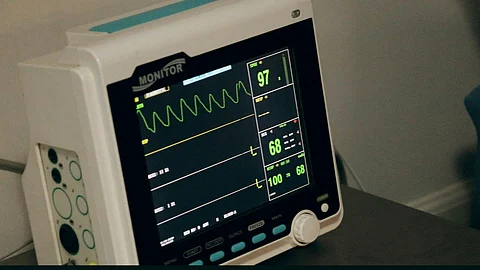As of 23rd January 2025, Pune has reported 59 cases of Guillain-Barré Syndrome (GBS), mainly affecting young people between 12 and 30 years old. The outbreak is spreading quickly in the Sinhagad Road area, Dhayari, and nearby neighborhoods. With 12 patients now on ventilator support, the disease has rapidly grown from 26 to 59 cases since its first detection on January 9, 2025.
Health authorities have sent samples to the Indian Council of Medical Research-National Institute of Virology (ICMR-NIV) for investigation. A key finding emerged when a high-end PCR test revealed Campylobacter jejuni bacteria in the stool samples of three patients, which is known to trigger GBS.
The state health department has formed a Rapid Response Team to investigate the sudden rise in cases, including experts from NIV, Health Services Department, and B J Medical College. They are conducting extensive surveillance, including door-to-door surveys and water testing in affected areas.
What is Guillain-Barre syndrome ?
Guillain-Barré syndrome, or GBS, is a rare but serious condition where the body's defense system mistakenly attacks its own nerves. (1)
It usually starts with a strange feeling of weakness or tingling in both legs. These odd sensations can quickly move up to the arms and chest. In a matter of hours or days, people might find it harder to move their muscles.
Some may even lose the ability to move parts of their body entirely. GBS often shows up after someone has been sick with a virus or bacteria, though the connection isn't always clear. (2)


